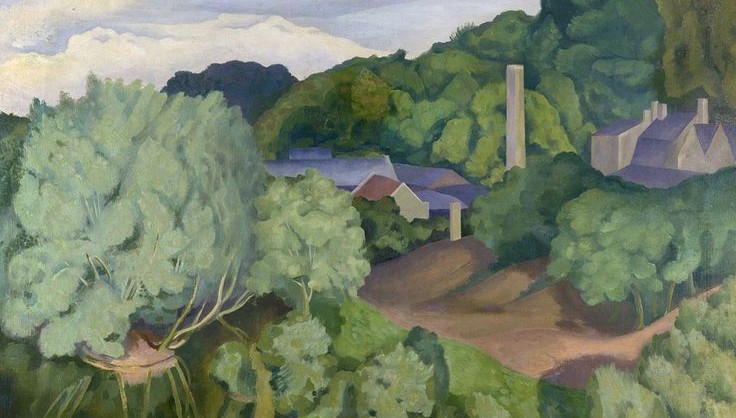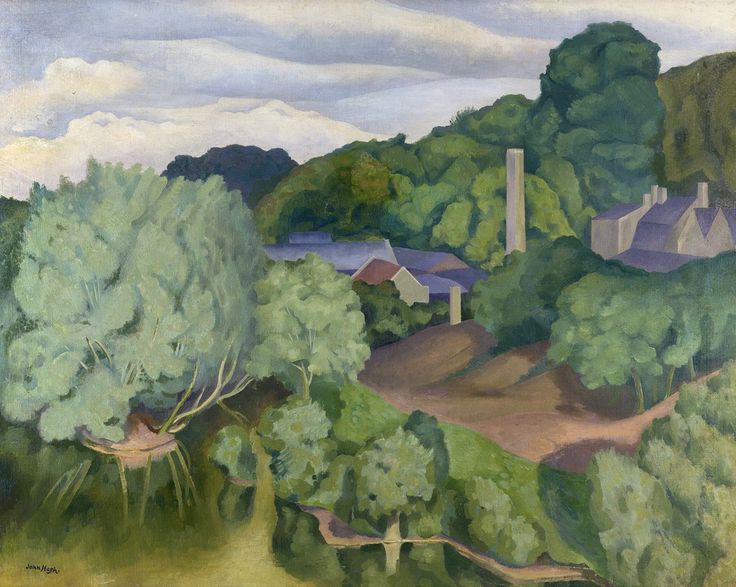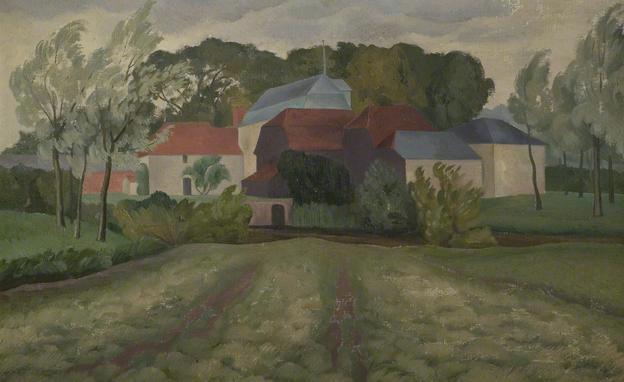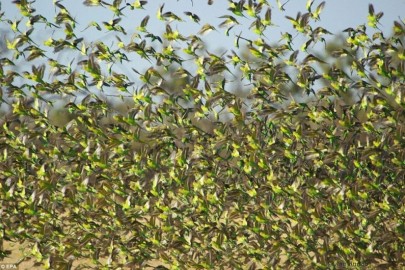In today’s poetry feature, Stephen finds peace at the journey’s end…
I first encountered the word “bourne” in the title of a poem by Christina Rossetti. I had no idea what it meant, but I immediately felt that it was a lovely word. There was something about the look and the sound and the feel of it that was restful and peaceful. It conveyed a sense of repose.
The Oxford English Dictionary defines the word — in the sense used by Rossetti — as follows: “The limit or terminus of a race, journey, or course; the ultimate point aimed at, or to which anything tends; destination, goal.”
I later came across the word again in a poem by Walter de la Mare.
The Bourne
Rebellious heart, why still regret so much
A destiny which all that’s mortal shares?
Surely the solace of the grave is such
That there naught matters; and, there, no one cares?
Nor faith, nor love, nor dread, nor closest friend
Can from this nearing bourne your footfall keep:
But there even conflict with your self shall end,
And every grief be reconciled in Sleep.
Walter de la Mare, O Lovely England and Other Poems (1953).
The word brings to mind a passage from one of my favorite books.
“I always turn out of my way to walk through a country churchyard; these rural resting-places are as attractive to me as a town cemetery is repugnant. I read the names upon the stones, and find a deep solace in thinking that for all these the fret and the fear of life are over. There comes to me no touch of sadness; whether it be a little child or an aged man, I have the same sense of happy accomplishment; the end having come, and with it the eternal peace, what matter if it came late or soon? There is no such gratulation as Hic jacet. There is no such dignity as that of death. In the path trodden by the noblest of mankind these have followed; that which of all who live is the utmost thing demanded, these have achieved. I cannot sorrow for them, but the thought of their vanished life moves me to a brotherly tenderness. The dead, amid this leafy silence, seem to whisper encouragement to him whose fate yet lingers: As we are, so shalt thou be; and behold our quiet!”
George Gissing, The Private Papers of Henry Ryecroft (1903), pages 183-184.
The OED defines “gratulation” as “manifestation or expression of joy; a rejoicing,” or “a feeling of gratification, joy, or exultation; rejoicing in heart.” Another sense (designated as obsolete) is “reward, recompense.”
Here is the poem in which I first discovered “bourne.”
The Bourne
Underneath the growing grass,
Underneath the living flowers,
Deeper than the sound of showers:
There we shall not count the hours
By the shadows as they pass.
Youth and health will be but vain,
Beauty reckoned of no worth:
There a very little girth
Can hold round what once the earth
Seemed too narrow to contain.
Christina Rossetti,The Prince’s Progress and Other Poems (1866).














It seems to me that I must have first encountered “bourne” in quite a different context, Scotty Briggs’s discussion with the minister in Roughing It:
Yes—kicked the bucket—”
“Ah—has departed to that mysterious country from whose bourne no traveler returns.”
“Return! I reckon not. Why pard, he’s dead!”
Having said that, the notion of bourne or bound does carry something impressive about it. Eschatology is a major division of Christian theology, yet “eschaton” can be an ordinary enough word in Greek: Odysseus nestles into the dried leaves in Phaiakia as one turns a torch hot side down at the end of a field, “agrou ep’ eskatie”. And “tekmor” can be a boundary, but also a finishing (as of Troy) or an oath or pledge.